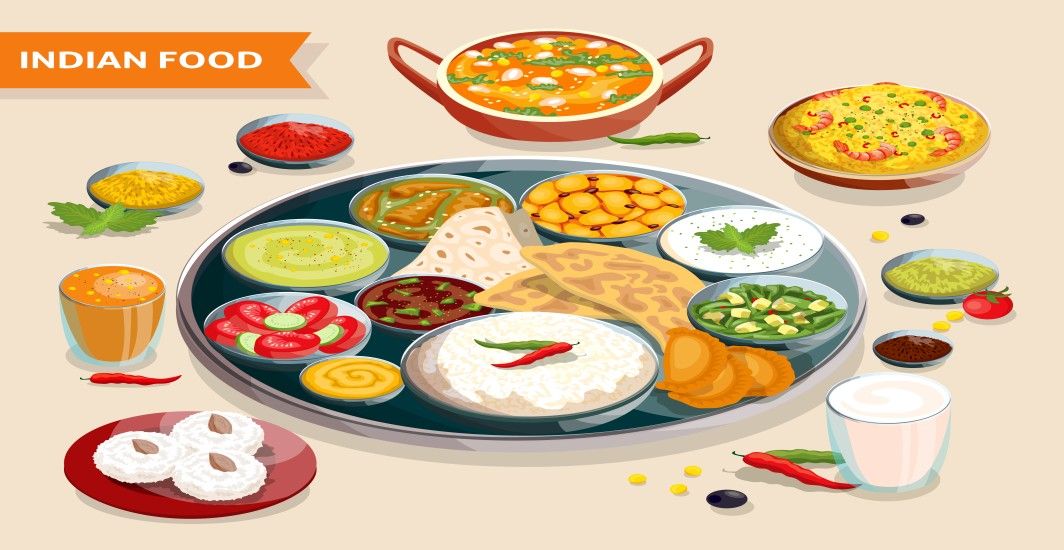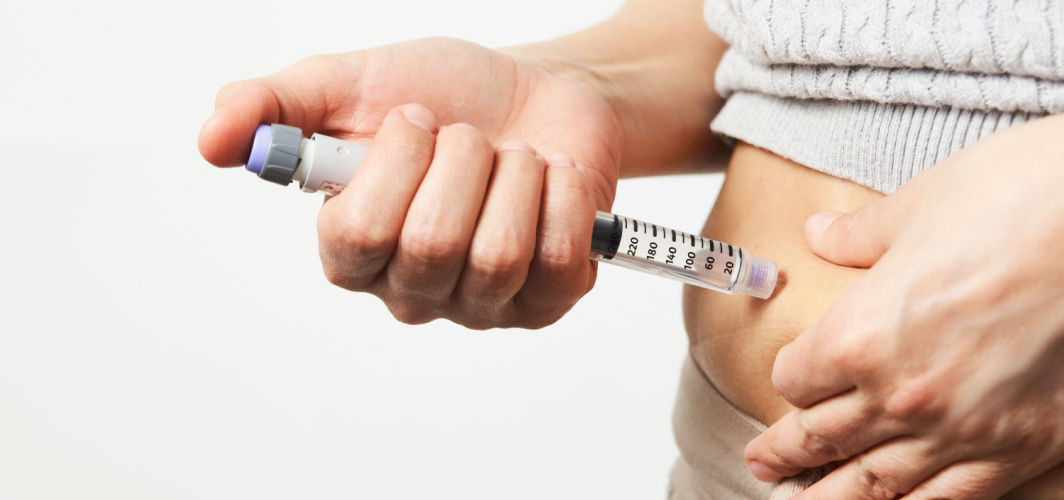Diabetes Management
What is Diabetes Reversal? The Truth About Remission
2 min read
By Apollo 24|7, Published on - 22 August 2024
Share this article
0
0 like

Imagine feeling energised, managing your weight effectively, and potentially ditching diabetes medication. Sounds too good to be true, right? Well, for type 2 diabetes, achieving a state of remission, often referred to as "reversal," might be possible. Let's dive into what diabetes reversal truly means and how it can transform lives.
What is Diabetes Reversal?
- Diabetes reversal refers to achieving normal blood sugar levels and maintaining them without the need for medications typically used to manage diabetes.
- It involves lifestyle modifications, including dietary changes, exercise, weight loss, and sometimes medication adjustments.
- Reversal doesn't mean a permanent cure, but rather achieving control over diabetes to the extent that medications may not be necessary, and complications can be minimised.
How Does Diabetes Reversal Work?
- Diet plays a crucial role, emphasizing whole foods such as fruits, non-starchy vegetables, lean proteins, and healthy fats while minimizing processed foods, sugar, and refined carbs.
- Regular exercise and being physically active throughout the day help improve insulin sensitivity, allowing cells to utilize glucose for energy better.
- Weight loss, particularly abdominal fat, can significantly improve insulin resistance and blood sugar control.
- Mental health & stress management, smoking cessation, avoidance or controlled alcohol consumption also have an important role in blood sugar control.
- Medications may need adjustment or even discontinuation under medical supervision as blood sugar levels improve.
Is Diabetes Reversal Possible for Everyone?
- Diabetes reversal is more achievable for those with type 2 diabetes, especially in the early stages.
- Factors such as duration of diabetes, overall health, and individual response to lifestyle changes influence the likelihood of reversal.
- However, even those with advanced diabetes can benefit from lifestyle changes, leading to better blood sugar management and reduced complications.
Conclusion:
Diabetes reversal is not just a dream; it's a tangible reality for many. By making simple yet profound lifestyle changes, individuals with diabetes can take control of their health and potentially reduce or eliminate the need for medications. Remember, it's never too late to start on the path to reversal. Consult with your healthcare provider or enrol now in the Apollo 24|7’s Super6 Diabetes Reversal Program to get a personalized plan that works for you, and take charge of your health today!
Diabetes Management
Consult Top Diabetologists
View AllLeave Comment
Recommended for you

Diabetes Management
Eating Out in Festivals: Tips for a Healthier Dining Experience
Dining out with diabetes can be enjoyable with careful choices. Plan ahead by reviewing the menu and opting for lean proteins and vegetables. Control portion sizes and carbs, request dressings/sauces on the side, and choose healthier beverages. Be mindful of desserts and share if necessary. Communicate dietary needs and stick to regular meal schedules for stable blood sugar. With these strategies, dining out can be a pleasure.

Diabetes Management
Does the Indian Diet Play a Role In Developing Diabetes?
The Indian diet, with its diverse food habits, has been linked to the risk of developing diabetes. However, the traditional emphasis on local, seasonal, low-carbohydrate foods and plant-based ingredients can also support better diabetes management. Learning how to navigate these dietary challenges and adopting beneficial practices for your health is crucial.

Diabetes Management
How to Test for Insulin Resistance
To test for insulin resistance as a diabetic, common methods include fasting glucose and insulin tests. These help assess how your body manages blood sugar. Pay attention to risk factors like age, family history, and lifestyle. If diagnosed, focus on lifestyle changes—adopt a balanced diet, engage in regular exercise, and monitor your blood sugar levels. Early detection is key to effective management, empowering you to make informed choices for better health. Always consult with your healthcare provider for personalised guidance.
Subscribe
Sign up for our free Health Library Daily Newsletter
Get doctor-approved health tips, news, and more.
Visual Stories

8 Fruits That are Incredibly Healthy for Diabetes
Tap to continue exploring
Recommended for you

Diabetes Management
Eating Out in Festivals: Tips for a Healthier Dining Experience
Dining out with diabetes can be enjoyable with careful choices. Plan ahead by reviewing the menu and opting for lean proteins and vegetables. Control portion sizes and carbs, request dressings/sauces on the side, and choose healthier beverages. Be mindful of desserts and share if necessary. Communicate dietary needs and stick to regular meal schedules for stable blood sugar. With these strategies, dining out can be a pleasure.

Diabetes Management
Does the Indian Diet Play a Role In Developing Diabetes?
The Indian diet, with its diverse food habits, has been linked to the risk of developing diabetes. However, the traditional emphasis on local, seasonal, low-carbohydrate foods and plant-based ingredients can also support better diabetes management. Learning how to navigate these dietary challenges and adopting beneficial practices for your health is crucial.

Diabetes Management
How to Test for Insulin Resistance
To test for insulin resistance as a diabetic, common methods include fasting glucose and insulin tests. These help assess how your body manages blood sugar. Pay attention to risk factors like age, family history, and lifestyle. If diagnosed, focus on lifestyle changes—adopt a balanced diet, engage in regular exercise, and monitor your blood sugar levels. Early detection is key to effective management, empowering you to make informed choices for better health. Always consult with your healthcare provider for personalised guidance.

